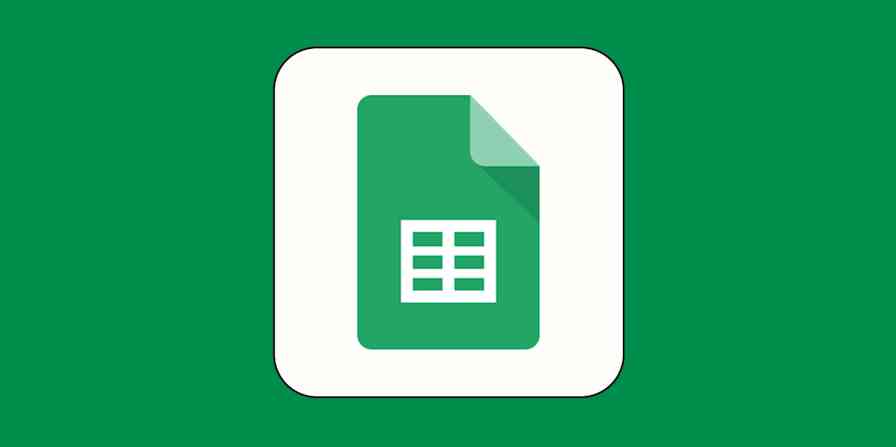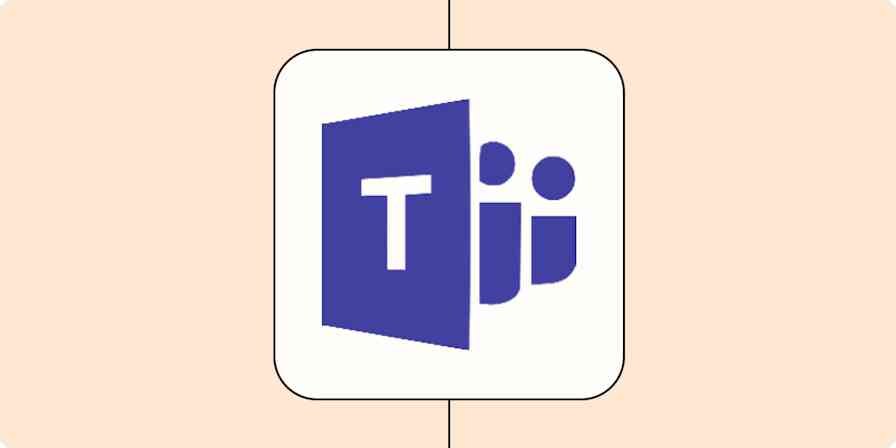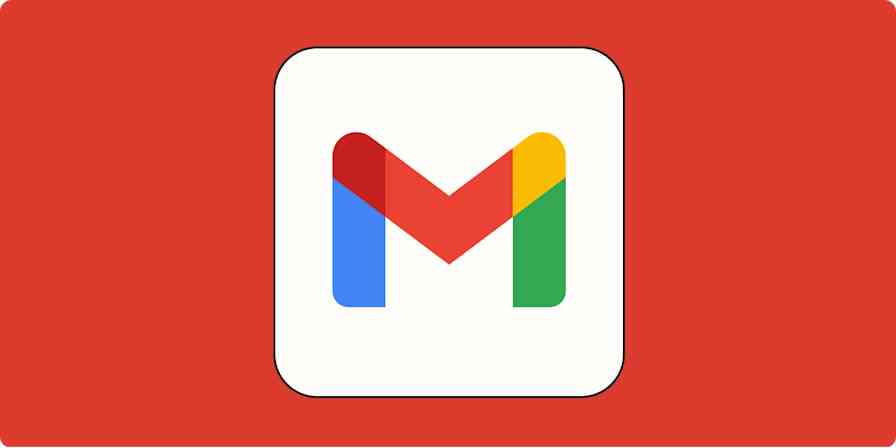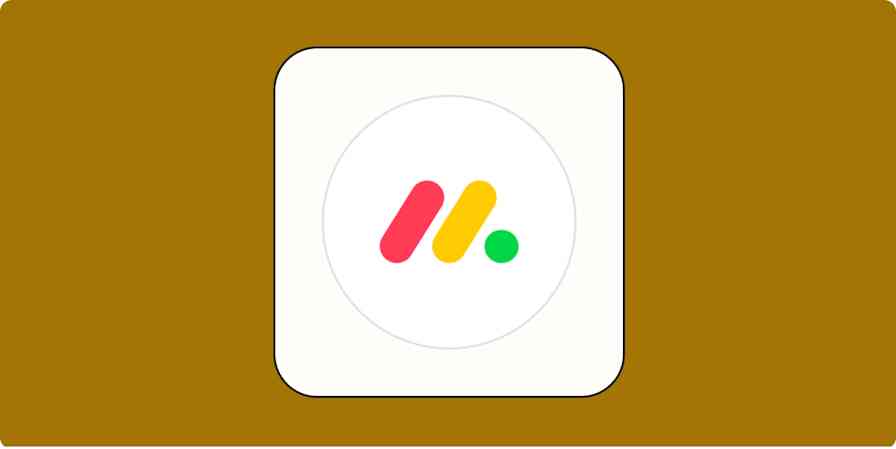When you imagine a millionaire, whom do you picture? Is it your favorite celebrity, a professional athlete, or a born-wealthy hotel heiress?
Most millionaires are none of these things.
Researchers and authors Thomas J. Stanley and William D. Danko spent decades studying millionaires through surveys, interviews, and focus groups. What they discovered: Millionaires are more likely to clip coupons than eat caviar, more likely to live in modest homes in places with a low cost of living than in expensive cities, and more likely to drive ordinary cars than to park their luxury vehicles in the garages of their mansions.
Stanley and Danko compiled everything they’d learned about millionaires into their book, The Millionaire Next Door: The Surprising Secrets of America's Wealthy. It describes the unglamorous lifestyle of the typical millionaire and provides practical advice on how anyone can grow their wealth to seven figures or more.
Each chapter of the book describes a common trait that most millionaires share. Below, we’ve summarized the findings presented in each chapter of the book—the seven fundamental principles to building wealth—along with 45 apps you can use to start your journey toward millionairedom.
How we chose the included apps: The categories of apps included in this piece are massive—there are just too many options for us to review every possible app, tool, and website. For that reason, the tools highlighted in this piece are those that we personally use. We focused mostly on free personal finance apps, but also included a few paid apps that we find valuable. We're not millionaires yet, but these are the tools we're using to get there (or at least stay on track financially). If your favorite tool isn’t included, please tell us and our readers about it in the comments. We’d love your help in discovering interesting money-saving and budgeting apps!
1. Most Millionaires Are Frugal 2. Most Millionaires Spend a Lot of Time Planning and Budgeting 3. Most Millionaires Don’t Care About Showing Off Their Wealth 4 & 5. Most Millionaires Didn’t Get Financial Assistance from Their Parents, and They Don’t Provide Financial Assistance to Their Children 6. Most Millionaires Know How to Identify Promising Opportunities 7. Most Millionaires Choose the Right Occupations with Growth Opportunities
1. Most Millionaires Are Frugal
Many people think that the best way to become a millionaire is to make a lot of money. But the truth is that you can grow your wealth no matter how much you earn. Becoming wealthy is less about how much you make than it is about what you do with what you make.
According to Stanley and Danko, "being frugal is the cornerstone of wealth-building." Too many people with high incomes suffer from "the more you make, the more you spend" syndrome. They apply their earnings to ever-more expensive houses, cars, clothes, and vacations.
Millionaires, on the other hand, continue living as though their incomes and wealth have never increased. After all, if you can get by making $40,000 a year, why should your spending habits change when your income doubles to $80,000 a year?
The authors highlight this common millionaire trait with the story of a man who gave his wife a present of $8 million worth of stock. According to her husband, she smiled, said thank you, and continued to clip coupons from newspaper inserts.
To become a millionaire, live below your means. Maybe you don’t need to clip coupons, but you should do it anyway. To grow your wealth, worry less about how much money you make, and focus on making the most of the money you have.
Use the following apps to save on your everyday expenses:
Save on groceries and toiletries

Favado (Web, iOS, Android) Use Favado to find out which local store has the best price on the groceries, items, and toiletries you need to buy. The app showcases the best deals for stores like Target, Costco, Rite Aid, Whole Foods, Safeway, and Dollar Tree. Plus, you can see at a glance if the items on your grocery list have digital or print coupons available. Price: Free
CouponMom (Web) CouponMom helps you find the best deals at grocery and drug stores by pairing sales, coupons, rebates, and loyalty rewards in a central view. Deals for each store display in spreadsheet format, making it simple to sort by product names or final prices. Occasionally, the suggested combination of discounts helps you get the things you need for free. Price: Free
Ibotta (Web, iOS, Android) Ibotta is a rebate app. Browse through a list of offers from your favorite grocery and drug stores, and select the ones you’re interested in. Then, take a picture of your receipt to claim your refunds. Once your account hits $20, Ibotta deposits your earnings to PayPal, Venmo, or a gift card. The best part is the app frequently offers "any" rebates. For example: get $0.50 off your purchase of any milk, eggs, bread, etc. Price: Free
Walmart’s Savings Catcher (Free) Savings Catcher is a feature of the Walmart app that allows you to scan your receipts from recent purchases at the store. When you’ve bought something that’s priced lower elsewhere, Walmart automatically credits a gift card with the difference. Price: Free
Save on transportation
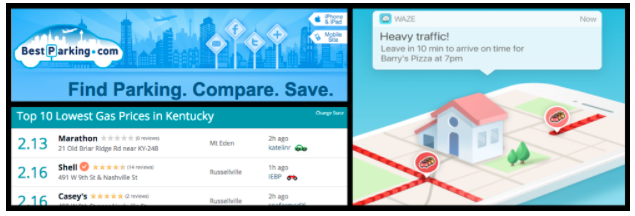
GasBuddy (Web, iOS, Android) Use GasBuddy to locate the gas station on your route with the cheapest prices, and get notifications when gas prices are about to jump so you can fill up at the lowest cost. Price: Free
Waze (Web, iOS, Android) Check the price of gas at local gas stations, and get real-time updates on road closures and traffic—things that could increase the amount of gas you use commuting. Waze Carpool also matches you with riders with similar commutes, allowing you to share the cost of commuting with others. Price: Free
BestParking (Web, iOS, Android, BlackBerry OS) Find the best parking rates near your home, work, or an event you’re going to. Input the city, neighborhood, type (daily or monthly parking), and arrival and departure times, and BestParking populates all of the costs for parking lots and garages in that area in an easy-to-scan view. Price: Free
Save on shopping
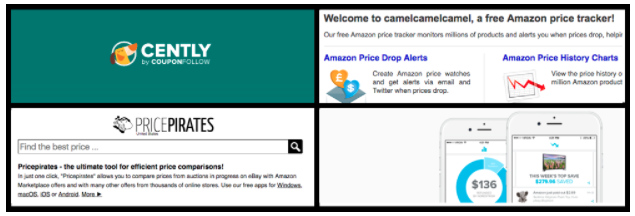
RetailMeNot (Web, iOS, Android) Find a list of available promo codes for hundreds of online stores. Users vote on which promo codes do and don’t work, allowing you to see at a glance which discounts are worth trying. Price: Free
Cently (Chrome) If you don’t want to search for coupon codes yourself, add the Cently extension to your browser. Cently searches for available coupon codes when you’re shopping on a site, automatically tries each coupon code, and applies the best deal it finds to your cart. Price: Free
Dosh (iOS, Android) Connect your credit/debit cards, and Dosh automatically applies any relevant coupons to the things you buy after you make the purchase, returning the savings to you. No coupons or promo codes are needed. Price: Free
Slice (Web, iOS, Android) Sign up and link your inbox to Slice, and the app will monitor price reductions for everything you buy online. If an item you purchased goes on sale shortly after you buy it, Slice alerts you and provides a pre-populated email you can use to request a refund. The app also offers package tracking, alerts when anything you buy has been recalled, and a place to see all your receipts. Price: Free
Paribus (Web, iOS) Like Slice, Paribus notifies you when an item you purchase goes on sale after you buy it. The big difference is that Paribus has partnerships with certain retailers—Target, Home Depot, Walmart, and more—allowing you to receive a refund on the purchase price automatically. You don’t even have to file a claim. If you shop frequently with one or more of its retail partners, Paribus could save you a lot of time and money. Price: Free
CamelCamelCamel (Chrome, Firefox) Set up an alert for a product you’re interested in purchasing from Amazon to receive notifications when the price drops. Use the browser extension to see the historical high and low prices for products on Amazon so you know whether or not it’s a good time to buy. Price: Free
Pricepirates (Windows, Mac, iOS, Android) Compare prices on things you’re planning to buy. See what the item you’re interested in is selling for across thousands of online stores, including Amazon and eBay. Price: Free
ShopSavvy (iOS, Android) Use ShopSavvy to scan a barcode when shopping in a store and see if there’s a better price at another store nearby or online. Price: Free
Save on entertainment
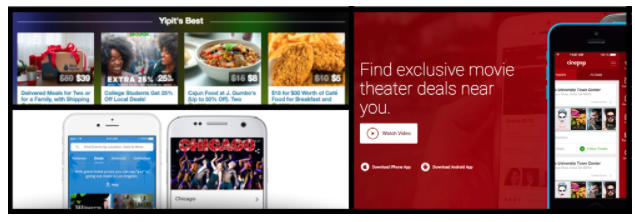
Yipit (Web) Groupon, LivingSocial, and Yelp are great sites for buying discounted vouchers for pretty much anything you can think of—from oil changes and teeth whitening to massages and dining out. Yipit aggregates the deals from all three sites—as well as other daily deals sites—so you only have to scour one database to find the best deals. Price: Free
Cinepop (iOS, Android) If you love seeing the newest flicks on the big screen, use Cinepop to find deals and discounts at local movie theaters. Price: Free
Goldstar (Web, iOS, Android) If live shows are more your thing—concerts, plays, operas, comedy shows, sporting events, etc.—use Goldstar to find tickets for as much as half-off the regular price. Price: Free
Save on prescriptions
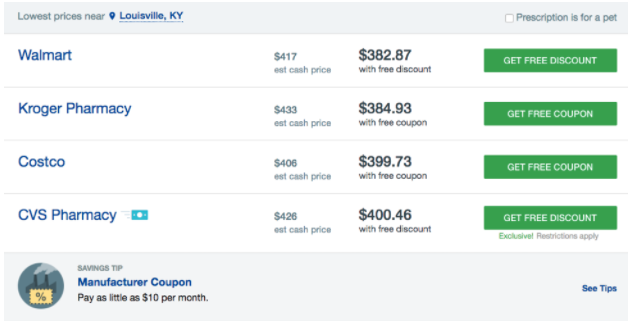
GoodRx (Web, iOS, Android) Compare prescription prices at local pharmacies to find out which has the lowest cost, and access a large database of available prescription coupons. Price: Free
Save on travel

Hopper (iOS, Android) Before booking a flight for an upcoming trip, input your planned travel dates into Hopper. The app will tell you when to buy your tickets to get the cheapest rate. Price: Free
Hitlist (iOS, Android) Choose where you want to vacation, and Hitlist shows you the cheapest dates to travel there. It’s a great app if you know where you want to go but have flexibility in your travel schedule. Price: Free
AutoSlash (Web) Need to rent a car for your trip? Use AutoSlash to compare prices from multiple rental car companies, find discount codes, and apply membership discounts. The best part is that if the price drops before your trip, AutoSlash’s agents will rebook the reservation for you so you get the better rate. Price: Free
2. Most Millionaires Spend a Lot of Time Planning and Budgeting
Becoming wealthy starts with using your money more wisely, but cutting costs and using coupons is just the starting point. It doesn’t matter how much you save if you’re spending more than you should, and the only way to know how much you should spend is by creating and following a budget.
Stanley and Danko assert that most millionaires grow—and maintain—their wealthy status by budgeting their money and controlling their expenses. They create weekly, monthly, yearly, and lifetime budgets and goals, and they know exactly how much they can spend on every expense they’ll incur.
To become a millionaire, create a budget and stick to it. Track exactly how much you spend on food, drinks, clothing, housing, gas, utilities, and entertainment. Calculate how much you’re spending on each category per month, then reduce that amount by 15 percent. That’s your new budget; find ways to stick to it.
Most millionaires spend a little more than eight hours a month planning and budgeting, but you can reduce the time commitment by adopting the right budgeting app. Below are some options to consider:
Simple budgeting apps
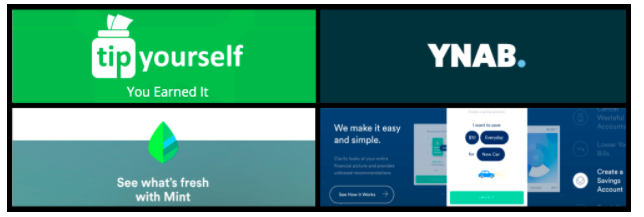
Mint (Web, iOS, Android) Connect all of your accounts to Mint—checking, savings, and credit cards—to automatically populate all of your spending in the system. Then, Mint will categorize each charge to help you see where you’re overspending. Create budgets for monthly spending, and track your progress toward staying within your budget. Price: Free
You Need a Budget (Web, iOS, Android, watchOS, Alexa) You Need a Budget (YNAB) offers many of the same features as Mint—connecting accounts, creating budgets, and categorizing spending—but it also includes a feature that provides advice and tips on paying down/off debts. YNAB isn’t free like Mint, but it also doesn’t display ads for credit cards and financial products in the interface. Price: $6.99 per month
Mvelopes (Web, iOS, Android) Mvelopes allows you to use Dave Ramsey’s envelope system digitally—no more withdrawing cash from the bank or trading in change at the Coinstar machine. In the system, you account for every dollar of income into different "envelopes" by category, such as groceries or savings. So you know where all of your money is going. Price: $4.00 per month
Clarity Money (Web, iOS, Android) This budgeting app uses data analytics to suggest possible saving opportunities, such as discounted services you’re entitled to, wasteful unused subscriptions, and credit cards with better terms, rates, and rewards. Price: Free
Tip Yourself (iOS, Android) Tip yourself isn’t necessarily a budgeting app, but it can help you adopt better behaviors with a reward-based system. Say you want to save for a trip: Tip Yourself lets you add a small amount of money into your travel fund when you engage in behaviors you’re trying to adopt—such as clipping coupons, creating a budget, or making lunch instead of eating out. Price: Free
3. Most Millionaires Don’t Care About Showing Off Their Wealth
If you won the lottery, what would you buy: a beachfront mansion, a Porsche, your own private island? Most millionaires wouldn’t buy any of those luxuries. In fact, millionaires typically live in average-sized homes in modest neighborhoods and drive older-model cars that they buy used.
Millionaires don’t care about brand names or status symbols. They stay in the homes they bought early in their careers, even after their wealth grows to seven-digits. Most have lived in the same house for more than 20 years, and few take out mortgages that are more than twice their annual household income.
When they buy cars, they buy them used because a vehicle’s value sees the steepest decline in the first three years of its life. Then, they either keep the car until it’s impractical to drive it anymore, or they sell it to someone else years later for nearly what they paid for it.
They can do this because they conduct a lot of research before buying a car. They’re very familiar with the quality, durability, and average cost of the models they’re interested in, and they never rush into a purchase. They’re willing to spend months looking for a good deal if necessary.
To become a millionaire, carefully consider every major purchase you make. Don’t impulse buy, and don’t buy houses and cars that do little more than show off your wealth. Find inexpensive alternatives. For example, consider how much could you save if you moved to a city with a low cost of living and found a remote job.
Here are some apps that will help you find money-saving opportunities on life’s biggest purchases:
Save on major purchases

TrueCar (Web, iOS, Android) Find and compare prices on new and used cars in your area, and see what others have paid for similar purchases. Use this information to negotiate discounts at car dealerships. Price: Free
Carfax (Web, iOS, Android) Carfax provides all of the information you need to conduct a thorough investigation before buying a used car. Read expert reviews of models you’re interested in, and get a car history report to make sure the car you’re buying hasn’t been in a wreck, flooded, or recalled. If the car does have an unfavorable history, use the information to negotiate a discount. Price: Free report with used car search; $39.99 for standalone Carfax report
FuelEconomy.gov (Web) Buying a new car costs more than the upfront price. Make sure to consider the cost of gas for different models as well. FuelEconmy.gov provides a gas cost calculator that estimates how much you’ll spend on gas over a car’s lifetime. Use it to compare different cars to see which will be the cheapest in terms of gas costs over the long run. Price: Free
SmartAsset (Web) Use SmartAsset’s cost of living calculator to calculate how much you could potentially save by moving to an area with a lower cost of living. Find out which U.S. cities boast the lowest cost of living, best purchasing power, and highest median incomes. Price: Free
Zillow (Web, iOS, Android) Browse real estate listings, find current mortgage rates, and determine what you should do before buying—save for a higher down payment, improve your credit score, etc.—to get the best interest rate on your mortgage. Price: Free
4 & 5. Most Millionaires Didn’t Get Financial Assistance from Their Parents, and They Don’t Provide Financial Assistance to Their Children
According to Stanley and Danko, the idea that most rich people are born into rich families is false: "80 percent of America’s millionaires are first-generation rich." Few millionaires grow their wealth as a result of cash gifts from their parents.
In fact, Stanley and Danko found that the children of wealthy parents who receive monetary gifts from their parents are much less likely to grow wealth for themselves. Instead, they often get caught on the consumerism treadmill and spend all of their money rather than saving and investing it.
If you want your kids to become millionaires, teach them how to budget, save, and invest. If you do want to invest in their futures, invest in their education. Most millionaires are more than willing to help their adult children pay for college, but they’re very unlikely to buy their kids homes or businesses—or supply them with large cash allowances.
Teach your kids how to become millionaires on their own by showing them how to save, plan, and invest. The following apps help kids learn these concepts from a young age:
Budgeting apps for kids
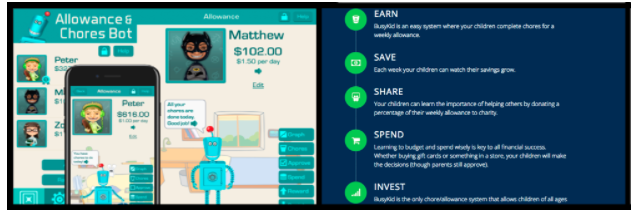
Allowance & Chores Bot (iOS, Android) Teach kids what it’s like to work for a living. Add chores they’re responsible for, and provide automatic allowance payments when they complete their required chores. Add charges when kids spend their money so they can see how their purchases impact their savings. Price: One-time app purchase of $2.99
BusyKid (Android) BusyKid offers the same budgeting features as the Allowance & Chores Bot, but it stands out because it also allows kids to actually choose to invest their money in real stocks. Price: $14.95 per year, per family
6. Most Millionaires Know How to Identify Promising Opportunities
If you make $50,000 a year, spend nothing, and save every dollar in a safe, it would take you 20 years to accumulate a million dollars. It doesn’t seem possible, then, that you could accumulate seven-figure wealth in your lifetime at that salary.
But people do exactly that, and they do it by investing. Most millionaires pay themselves before they spend any of their income, diverting 15-20 percent of their income into investments. They invest in things that grow their wealth but don’t lead to realized income, which minimizes their tax burdens.
How do they decide what to invest in and understand what investments will reduce the amount of taxes they’re responsible for paying? They either:
Pay for the highest quality financial, legal, and accounting advice they can find, or
Conduct thorough research into investment opportunities on their own
Additionally, when millionaires invest, they invest long-term. Few day trade; they’re much more likely to hold their investments for six years or more.
To become a millionaire, invest a reasonable percentage of your income. Imagine that instead of hiding all of your $50,000 salary in a safe, you lived off of $30,000 and invested $20,000 in stocks and bonds with an average return rate of 7 percent.
It would take only 23 years to grow those investments to seven figures, you’ll earn more than twice as much interest as your investment, and you won’t pay tax on any of that until you withdraw the funds.
The best way to get started investing is to work with a financial advisor, but the following apps also provide a decent starting point:
Investment and investing education apps for beginners
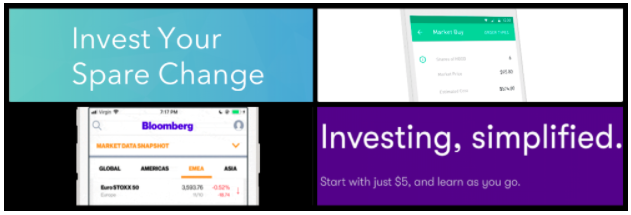
Acorns (Web, iOS, Android) Use Acorns to automatically invest the leftover change from your purchases in stocks and bonds. While you won’t invest significant amounts of money this way, it’s a simple way to get started investing if you don’t have a lot of income to set aside for investing. Price: $1.00 per month for accounts under $5,000; 0.25% per year for accounts over $5,000
Stash (Web, iOS, Android) Stash enables hands-free investing. Start an account with as little as $5.00, choose from 40 exchange-traded funds (ETFs) to invest in, and either invest occasionally when you can or set up recurring investments that debit directly from your checking account. Price: $1.00 per month for accounts under $5,000; 0.25% per year for accounts over $5,000
Robinhood (iOS, Android) Designed for beginners, this stock investment app allows you to buy and trade stocks for free, avoiding high brokerage fees. It also helps you discover new stocks you may want to invest in, and learn more about those opportunities before investing. Price: Free, but some commissions and fees may apply in certain scenarios
Bloomberg (Web, iOS, Android) If you want to educate yourself on investing, Bloomburg is a great place to do it. Read financial news, receive market updates, and create an investment portfolio to receive news that’s relevant to your investments. Price: Free
WiseBanyan (Web, iOS, Android) If you don't know which investments to choose that are best for your particular scenario or don't want to have to regularly rebalance your investment portfolio, you need a financial advisor. But most don't come cheap. While there are "robo advisors" you can use to automatically invest your money in low-cost index funds, such as Betterment and Wealthfront, they still take a portion of your investment as a service fee. WiseBanyan is different because it's completely free. The service will invest your money for you in a mix of funds based on your goals and risk tolerance and also balance your portfolio. If that sounds shady to you, read how they make money—tldr; via selling additional a la carte services. Price: Free
7. Most Millionaires Choose Occupations with Growth Opportunities
Most millionaires are self-employed business owners, but you don’t have to start a business to become a millionaire. The most important thing is choosing the right career—regardless of whether that means you work for yourself or someone else.
In fact, a lot of millionaire business owners got started in their business by working for someone else. Their experience as employees of other companies gave them the knowledge they needed to generate solid business ideas.
To become a millionaire, conduct serious research before choosing a career. Take personality tests to find out what careers your best suited for. Read as much as you can about the salary and growth opportunities in your chosen field. Find a mentor who can provide insight into what you need to do to succeed, and to help you determine if the career you’re considering is a good fit.
The following tools will help you research possible careers and find the right occupation:
Tools for choosing the right career
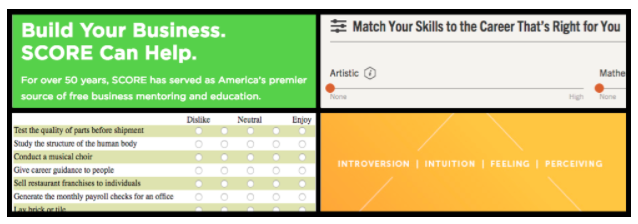
Career Aptitude Test (Web) This test by Rasmussen College allows you to input your skill level in seven different areas, and when you’re finished, the system will suggest careers based on your skills. You can also filter suggested careers by salary, expected growth in the field, and amount of education needed. Price: Free
Myers-Briggs Type Indicator Assessment (Web) The Myers-Briggs Type Indicator assessment asks 93 questions and uses your answers to place you into one of 16 personality types. Once you know your personality type, find all sorts of resources online about careers where other individuals who share your personality type thrive. Price: $49.95
Holland Occupational Themes Test (Web) This personality test asks you to rate how well you like performing 48 different tasks on a scale of "dislike" to "enjoy." Based on your answers, you’ll fall into one of six typologies that each correspond to a group of careers you may thrive in. Price: Free
SCORE (Web) SCORE connects aspiring entrepreneurs with volunteer mentors who have created successful small businesses. If you’re considering opening a small business but aren’t sure if it’s the right decision—or are unsure how to move forward—partnering with someone from the SCORE program may provide the guidance and advice you need. Price: Free
AngelList (Web) Looking for seed money, venture capitalists, or angel investors for your startup idea? Create a company profile on AngelList to get your idea in front of people who are looking to invest in startups. Price: Free
Or, if you do want to start your own business, learn what it takes to start your own company, whether it's a business of one or you plan on having employees.
Sure, you might win the lottery, make an early investment in an altcoin that skyrockets, or win the World Series of Poker. These are all possible ways to instantly become a millionaire—but highly unlikely ones.
According to Stanley and Danko, "wealth is more often the result of a lifestyle of hard work, perseverance, planning, and, most of all, self-discipline."
Stop hoping for a quick fix for your financial problems, and start planning for the future. Clipping coupons, searching for deals, creating budgets, and researching investments aren’t what most people would consider exciting tasks. But these tasks will set you up on the right road to wealth.
Title photo by nattanan23 via Pixabay.

